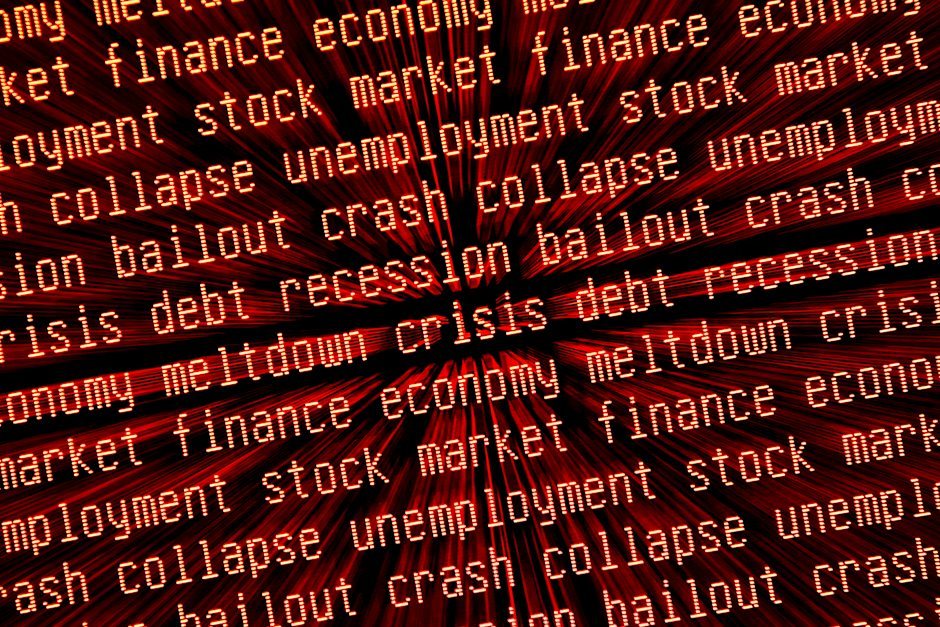Weekly Focus: Recession or re-acceleration?

Following a period where the discussion was not about if we would have a recession but how long and how deep it would get, focus has now turned to whether we will avoid recession and in fact could be seeing a mild re-acceleration of global growth. The main reason is 1) economic data has not been quite as bad as feared, 2) China has reopened earlier and faster than expected and 3) mild winter weather has pushed down gas and electricity prices. The change in sentiment has underpinned a rally in equity and credit market since October with emerging markets and euro risk assets taking the lead.
A strong US labour market report on Friday last week added to the sense that the global economy may actually be bottoming out going into the new year, see Research US - From soft landing to no landing?, 9 February. It is supported by an increase in global PMI for January, a decent rise in some of the most leading surveys in the euro area (Euro Sentix, ifo expectations) and a broad improvement of what we call the "growth tax", which is a summary of the change in financial conditions and energy prices. Order-inventory balances have also turned higher in for example US, the euro area and China. Hence, after a year with heavy clouds over the global economy, we start to see some rays of light, see also Research Global - Global manufacturing PMI heading higher in H1, 29 January.
The flip side is, though, that central banks will have to err on the hawkish side for longer. We did indeed see more signals over the past week from both the ECB and the Fed that more rate hikes will be needed to get inflation down - and keep it down. It led to a rebound in bond yields and in the middle of the week caused some headwinds to risk assets and metal prices.
US-China tensions flared up again after the US shot down an alleged Chinese 'spy balloon', which China claims is a civilian balloon for research of weather. It caused a short-term exchange of harsh rhetoric but things have already calmed down a bit. What will be more important is a likely visit to Taiwan by the new Speaker of the US House, Kevin McCarthy. It could happen during spring and would most likely trigger a similar strong response from China as was seen when Nancy Pelosi travelled to Taiwan in August.
Next week all eyes will be on the US CPI for January. Core inflation has surprised to the downside in recent months paving the way for the Fed to reduce the pace of hiking to 25bp steps. We look for core inflation to rise to 0.4% m/m, an increase from 0.3% m/m in December. It is still a too high run rate for the Fed to be comfortable with inflation moving back to the 2% target and we look for another two 25bp hikes in March and May with the risk of more hikes needed after that. Following the rise in rates this week, the market is now in line with our baseline scenario of two hikes but is still too optimistic in our view when it comes to the pricing of rate cuts in the second half of the year. We also get US retail sales, which will give more information on the state of the US consumer. Sales have been softer in recent months but consensus looks for a rebound in January based on high-frequency transaction data. In Europe we have no big data releases but the European Commission will publish new forecasts, where focus is on their stance on recession and how fast inflation comes down.
Author

Allan von Mehren
Danske Bank A/S

















